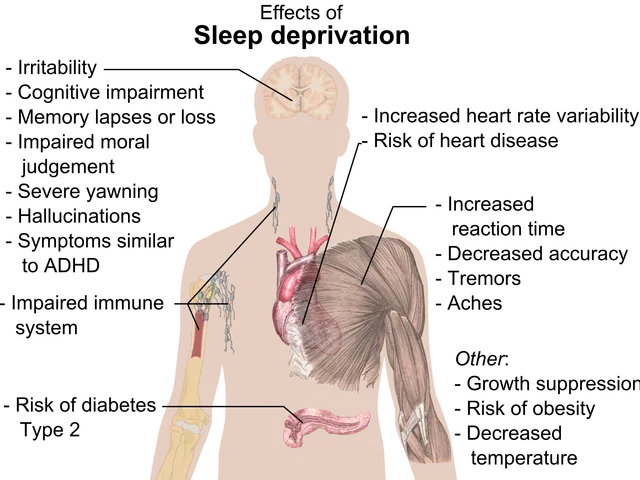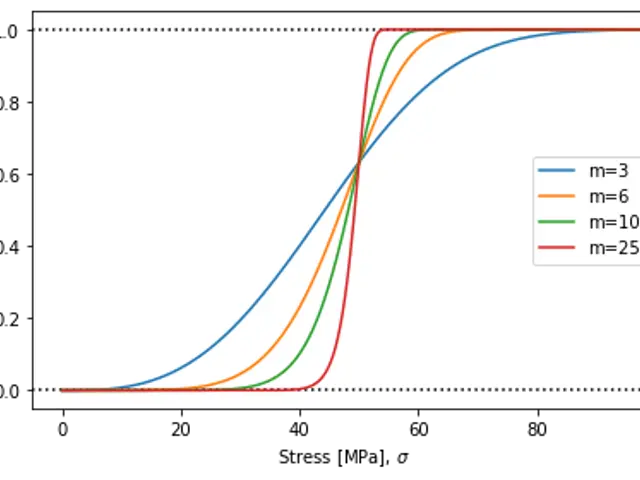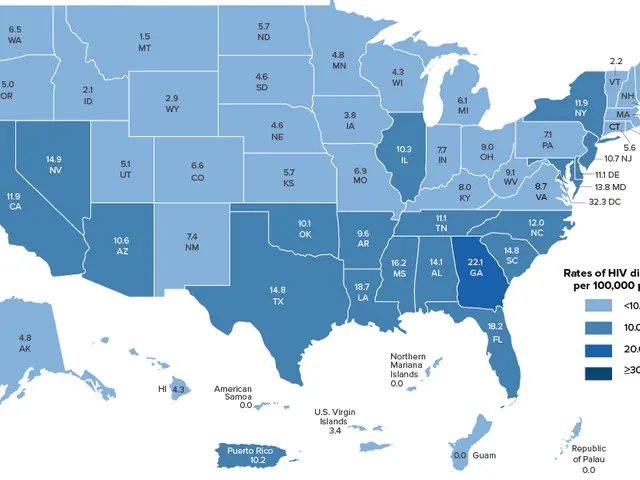Malnutrition Rises Among Singapore's Elderly Despite Food Abundance
Malnutrition is becoming a growing concern among Singapore's elderly population, despite the city-state's food abundance. A sharp rise in undernourished seniors, coupled with a rapidly ageing population, has raised alarm bells. Nearly a quarter of Singapore's citizens are projected to be 65 or older by 2030, making the trend worrying.
Ageing reduces appetite, alters taste, and makes older adults feel full more quickly, contributing to malnutrition. A study found that one in 10 robust seniors and one in six among those showing early signs of frailty are malnourished. Chronic illnesses, medications, social isolation, and financial pressures can further limit proper nutrition. Among hospital patients aged 65 and above, those at risk of malnutrition increased from 30% in 2022 to 40% in 2024. Half of adults aged 50 to 69 in Singapore fail to meet the recommended protein intake of 20g to 30g per meal.
NHG Health, under the leadership of Adjunct Associate Professor Lim Yen Peng, specializing in nutrition and malnutrition among older adults, launched the EatWise SG program in July 2023. This national initiative aims to promote healthy eating among seniors. However, the proportion of patients who were malnourished or at risk also rose from 56% to 66% in the same period, indicating the urgency of the issue.
Malnutrition increases frailty, fall risk, and poor disease outcomes in older adults. NHG Health launched EatWise SG in June 2024 to improve access to nutrition care and prevent malnutrition. With the elderly population set to rise, addressing malnutrition is crucial for maintaining the health and well-being of Singapore's seniors.







